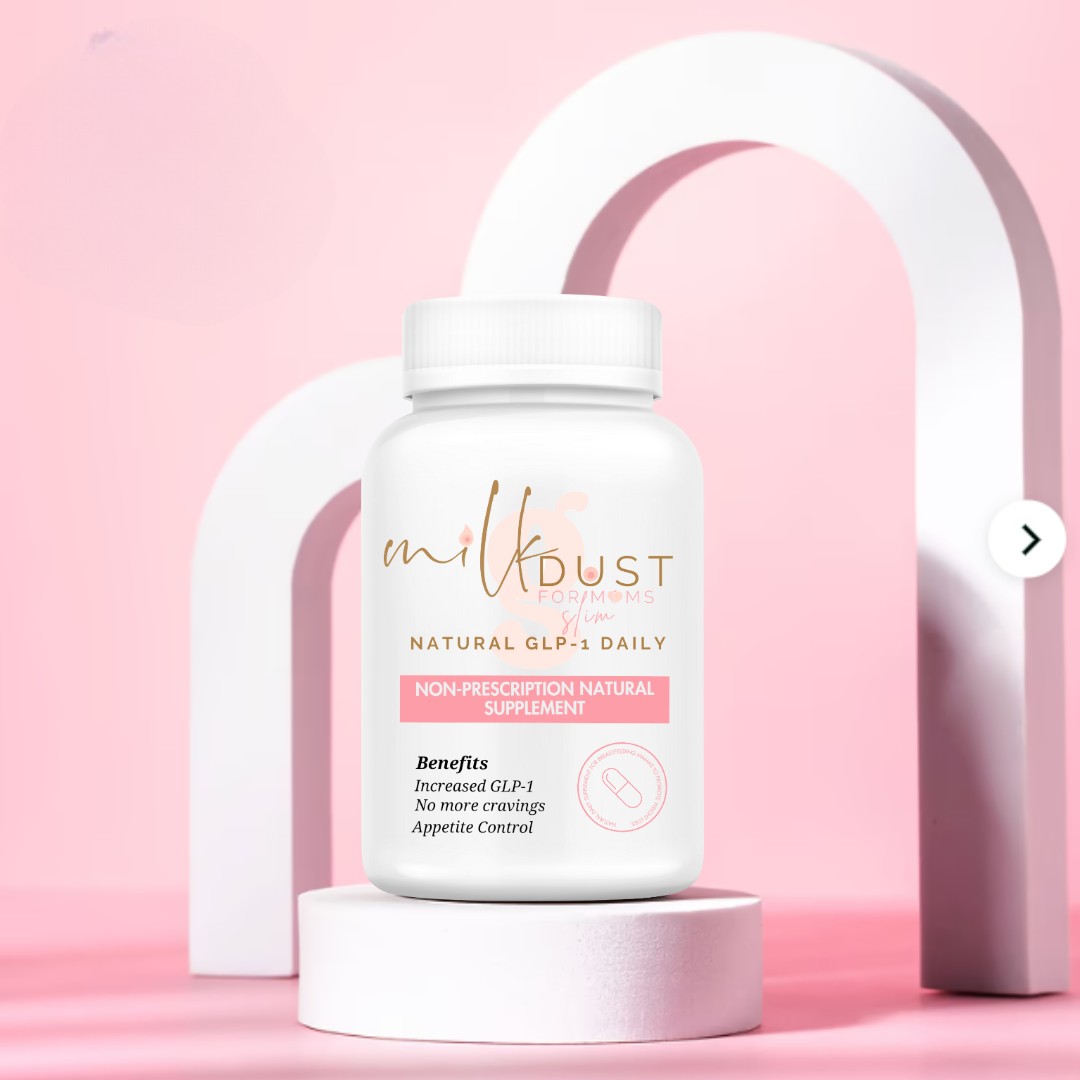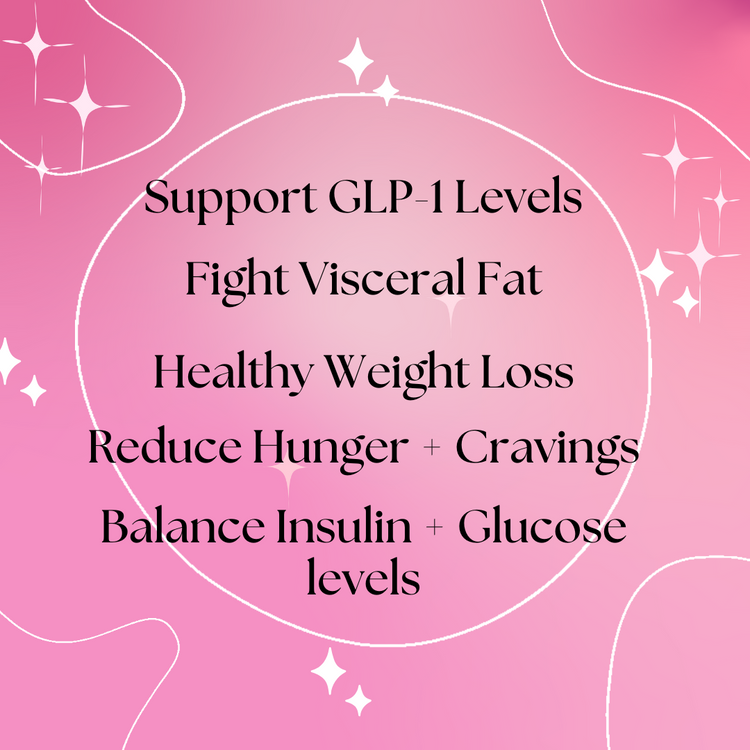
Feeding And Nourishing Your Postpartum Body
Feeding your postpartum body is essential for healing and producing a healthy milk supply. Nourishment verses feeding are two vary different things. Nourishing your body means providing nutrients. Feeding your body is providing fuel to your brain, muscles, organs and more. Many mamas find it hard to properly do both while breastfeeding.
There is a delicate balance of energy and nutritional needs while breastfeeding, that play a major role in losing the weight gained during pregnancy. A common issue is a loss of milk supply when reducing calories, which often times is a result of a reduction of nutrients as well.
Nourishing your postpartum body means getting the essential macro nutrients: carbs, fat and protein. Yes, you need all three. The Keto diet is very popular right now for weight loss, and as long as there are plenty of vegetables, it can be a great way to get healthy versions of all three macro nutrients.
Breastfeeding mamas tend to prefer carbs over fat because glucose is preferred by the brain, and is the first choice of energy by your body. Fat is eaten to be stored as fat, and protein is supplied to skin, cells, hair, organs and more. Protein even gets into your breast milk, as well as some fats, so all of them play an equal part in nourishing your body.
In addition to macro nutrients, your body also need micro nutrients postpartum, which include vitamins, minerals, antioxidants, phytonutrients and more. Here at Milk Dust, we've gone over some of the critical nutrients for breastfeeding mamas, which also are important to your baby.
Nourishing your body is much more complicated than feeding your body. Your body will use the food you give it as energy to function. It will take everything you put in, convert it to fat or glucose and function. But, if it doesn't have essential vitamins and minerals, it can't as easily work without them. For example, if you eat very little fruits and vegetables, but lots of processed carbohydrates, your body will convert and use those carbs as glucose. It will do the same with the fruits and veggies. BUT, it can't manufacture the vitamins, antioxidants and phytonutrients on its own. In other words, eating processed carbs gives you glucose for energy, just like fruits and veggies, but it is missing the nutrient-dense component necessary to fully nourish your body.









